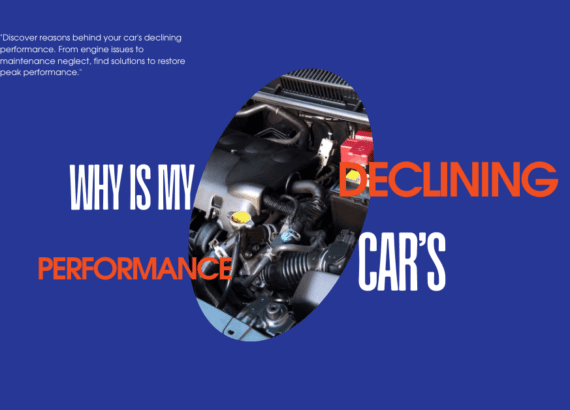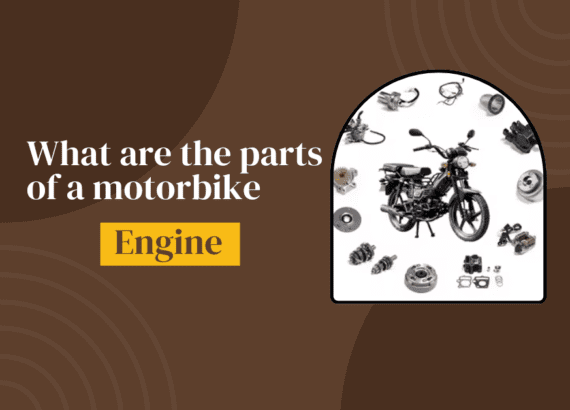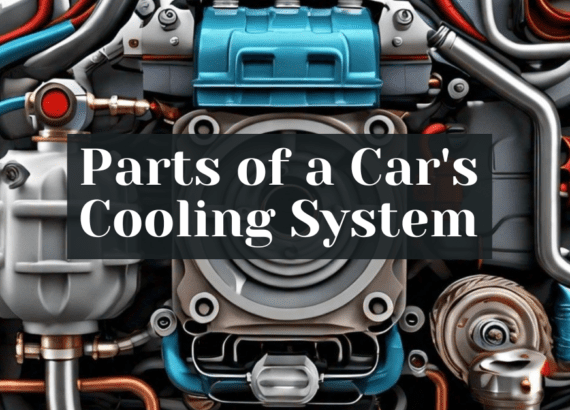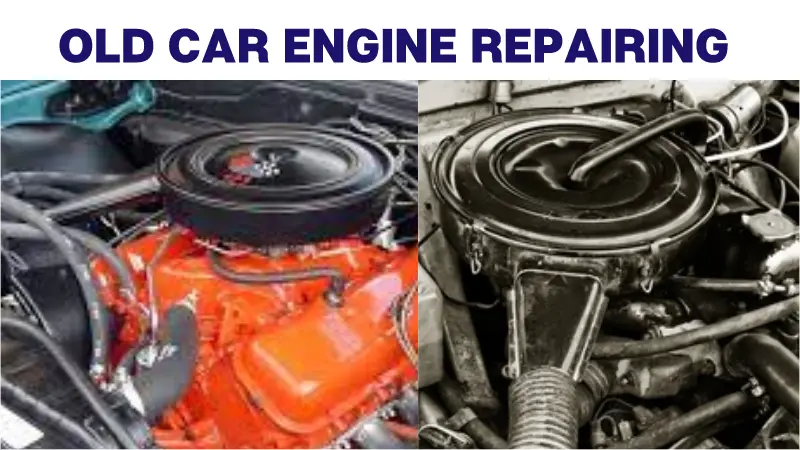The Best 6 Engine Lubrication System Components

The engine is the heart of any vehicle, and keeping it in good working order is critical for a trouble-free drive. The lubrication system, which guarantees that numerous components operate in harmony, is one of the most important parts of engine care. To properly grasp how your engine works, you must first understand the six critical components that comprise the greatest engine lubrication system.
Engine Lubrication System Components
1. Engine Oil

Engine oil is your vehicle’s engine’s lifeblood. It reduces friction and heat buildup by lubricating moving components. Because it provides a protective coating between metal surfaces, high-quality engine oil is essential for peak performance. Oil changes are required on a regular basis to maintain the proper viscosity and avoid sludge accumulation.
2. Oil Filter Lubrication System
The oil filter is in charge of keeping engine oil clean. It cleans the oil of impurities and debris, preventing them from cycling through the engine. A clean oil filter ensures that your engine receives clean, debris-free oil, resulting in longer engine life.
3. Oil Pump Lubrication System
The oil pump is the lubrication system beating heart, responsible for moving oil throughout the engine. It guarantees that every nook and cranny is well lubricated. A properly working oil pump is critical for keeping engine parts from overheating and prematurely wearing.
4. Oil Cooler

An oil cooler is frequently used in high-performance engines to manage oil temperature. It keeps oil from becoming excessively hot, which can reduce lubrication efficiency and potentially cause engine damage. An oil cooler keeps the oil at the proper temperature, improving overall engine performance.
5. Oil Pan
When the engine is not in use, engine oil is kept in the oil pan. It serves as a reservoir and has a drain plug for oil changes. The oil pan design also helps to cool the oil, making it an important part of the lubrication system.
6. Gaskets and Seals
The engine’s gaskets and seals are sometimes disregarded yet equally important. These components keep the system running smoothly by preventing oil leaks. Regular examination and replacement of worn gaskets and seals are required to avoid oil leaks that might cause engine damage.
Now that we’ve covered the six most important engine lubrication system components, let’s go over some frequently asked questions concerning this subject.
Conclusion
The engine in your car is a sophisticated piece of technology, and its longevity and performance are dependent on the condition of its lubricating system. Engine oil, oil filter, oil pump, oil cooler, oil pan, and gaskets and seals are the finest six engine lubrication system components that work together to guarantee your engine runs smoothly and effectively.
Regular maintenance, like oil changes and inspections, is critical to protecting these components and avoiding expensive repairs. You may have a smooth and trouble-free driving experience by knowing the job of each component and adhering to a regular maintenance routine.
Remember that investing in high-quality components, performing regular maintenance, and being knowledgeable about your vehicle’s demands are the best ways to keep your engine operating at peak performance. Your engine will appreciate it.
FAQs
Q: How often should I change my engine oil?
A: It’s recommended to change your engine oil every 3,000 to 5,000 miles, but consult your vehicle’s manual for specific guidelines.
Q: Can I use synthetic oil in my car?
A: Synthetic oil is suitable for most vehicles and offers better performance and protection. Check your car’s manual for compatibility.
Q: What happens if I neglect oil changes?
A: Neglecting oil changes can lead to reduced engine performance, increased fuel consumption, and even engine damage.
Q: How can I tell if my oil filter needs changing?
A: If you notice decreased engine performance, increased engine noise, or reduced oil pressure, it may be time to replace the oil filter.
Q: Do I need an oil cooler for my vehicle?
A: An oil cooler is not necessary for all vehicles. Consider adding one if you frequently engage in high-performance driving or live in a hot climate.
Q: Can I replace gaskets and seals myself?
A: While some DIY enthusiasts may tackle this task, it’s best to leave it to professionals to ensure proper sealing and prevent leaks.











